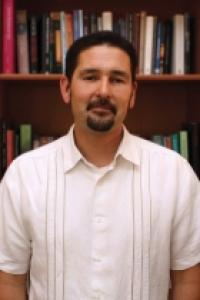My research focuses on colonialism, foodways, landscapes, historical archaeology, preservation and heritage in the western US and northern South Africa. Members of my research cluster bring together complementary lines of evidence of varied types and spatial scales, including analysis of archaeological ceramic and faunal assemblages related to domestic foodways and GIS analysis of remote sensing, geophysical survey, and excavation data to reveal tactical, engineering, and ritual patterning of cultural landscapes. By placing these suites of data in dialogue with each other, we seek more robust explanations of the ways that communities expressed various aspects of their identities in different contexts and scales of social performance. Related to these research foci are the relationships between colonization and the historical transformation of indigenous landscapes, foodways, and identities.
As an archaeologist, I am especially interested in the potential for examining these issues through the analysis of material culture and technology but I think it is vitally important to approach research projects as multidimensional processes that are both archaeological and contemporary. Close collaboration with living communities in the narrative building process and as full partners in research design and implementation is central to the work of our research cluster. Towards this end, I am committed to research with community partners and agencies in Rio Arriba County, New Mexico, Mono County, California, and Tshimbupfe Musanda in Limpopo Province. I answer to the communities who trace their heritage to the sites where we work. As a guest, I value my partnerships with descendants, residents, and teachers interested in including ethnohistory and archaeological science in political recognition, local curriculum, and land and water rights struggles.






